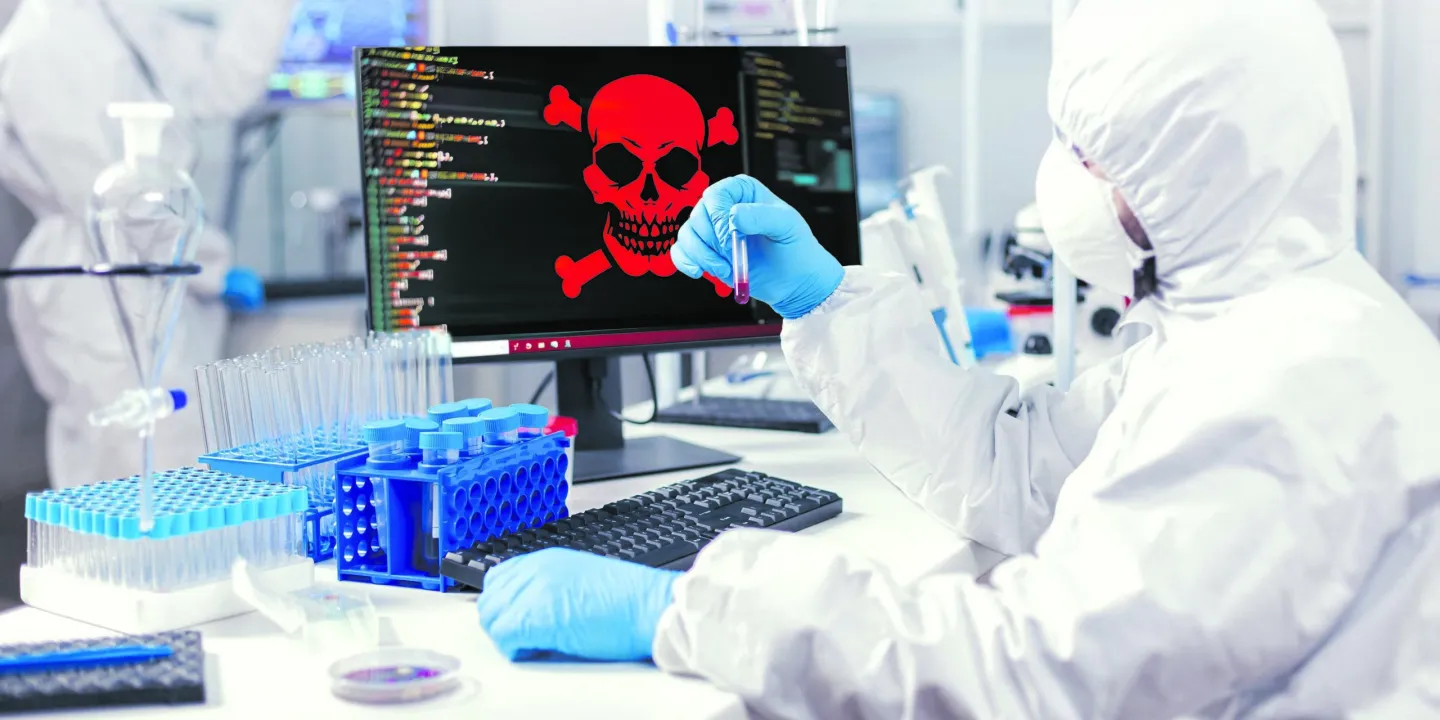
What is a Laboratory Attack?
Definition and Purpose
Laboratory Attack refers to a sophisticated attack method in which an adversary gains physical possession of a device or credential and subjects it to detailed technical analysis, often using advanced tools and techniques in a controlled environment (such as a lab), to extract sensitive information or compromise security features. The primary purpose of such attacks is to bypass security controls, recover cryptographic keys, or reverse-engineer protective mechanisms that are otherwise resistant to standard attacks, posing a significant risk to high-value systems and assets.
GateKeeper Proximity Defends Against Laboratory Attack
GateKeeper Proximity mitigates the risk of laboratory attacks on authentication devices by minimizing reliance on static credentials that can be physically captured and analyzed. With wireless, proximity-based multi-factor authentication, no static password or key needs to be entered or stored, as it can be easily extracted. Additionally, GateKeeper’s centralized management and continuous authentication ensure that even if a token is lost, administrators can immediately revoke access, helping protect sensitive systems from being compromised through physical analysis.
Enterprise 2FA and password manager. One key for all your passwords. Experience fully automated login and security. For example, faster MFA, auto-OTP, password manager, and worry-free workflow with proximity-based privileged access management for Windows 11, 10, 8, 7, VPNs, websites, and desktop applications including MES, EHR, CAD, and more. Overall, a massive upgrade to security and efficiency.
or call 240-547-5446

